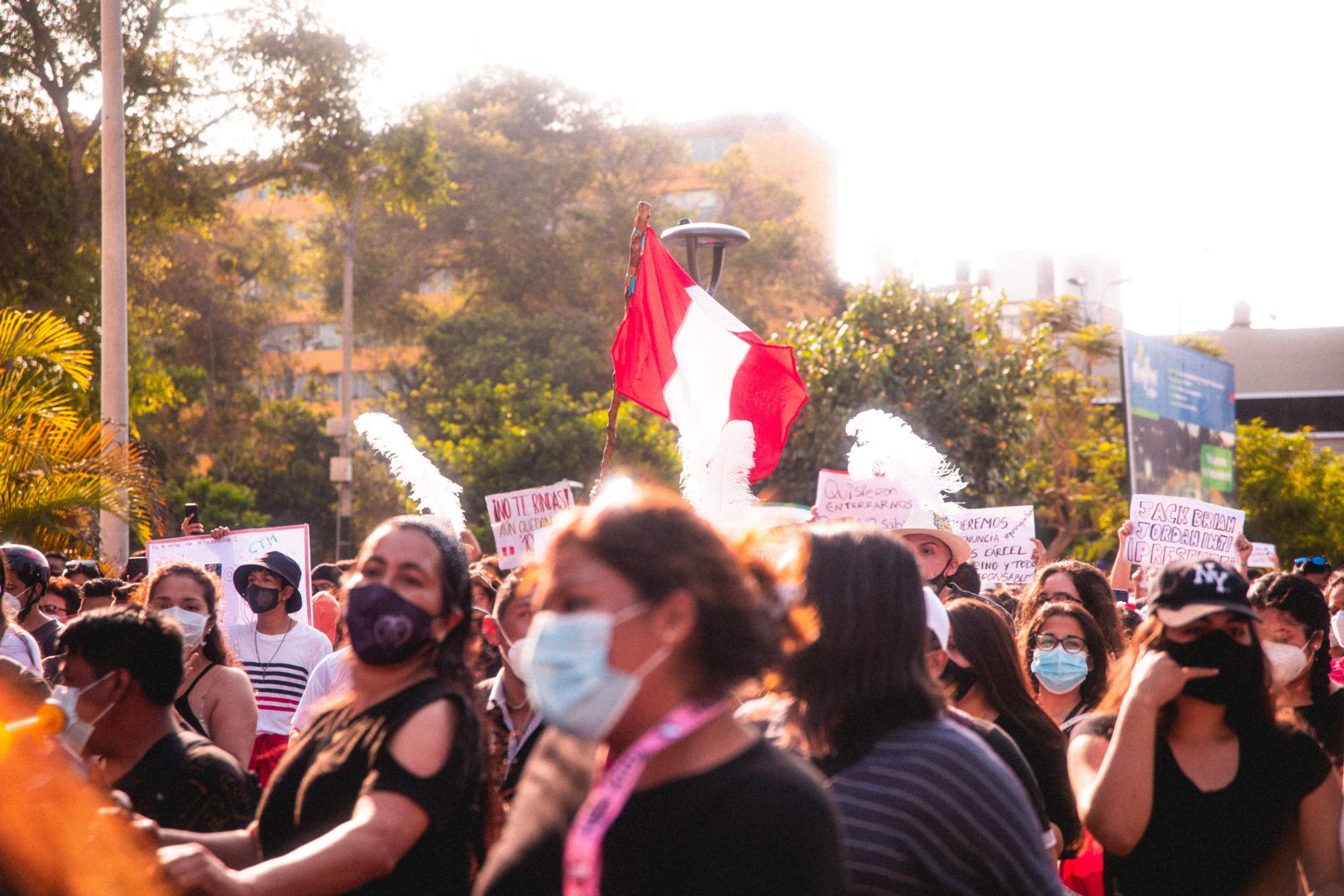
This article first appeared in Swissinfo on June 30, 2021.
The OECD considers that Peru needs to actively raise awareness of the risks of transnational corruption among all authorities and parties involved in order to strengthen the implementation of the texts on this type of offenses.
In a communiqué published Wednesday, the Organization for Economic Cooperation and Development (OECD) calls in particular for the protection of prosecutors from “any unjustified measure” to remove them from a corruption case they are investigating.
It also calls for a reduction in the number of temporary and supernumerary judges and prosecutors; protection for whistleblowers; and improved coordination and follow-up on requests for judicial cooperation from other countries.
These recommendations follow the end of the so-called phase two evaluation of Peru on the implementation of the Convention on Combating Bribery of Foreign Officials in International Business Transactions, which has been carried out by the Organization’s working group dedicated to this issue.
The members of the working group insist that Peru must do a better job of reporting such offenses, “in particular to judicial authorities, law enforcement authorities and competent public authorities, as well as to the private sector”.
They admit that there are “certain positive aspects” in its action against international corruption, and specifically refer to the fact that the special team investigating the “Lava Jato” scandal has led to actions against “a large number” of politicians and high-level officials.
And they emphasize that in order to go all the way, Peru will have to “maintain the resources and support it gives to the task force”.
Once the task force’s findings are published, Peru will report on the actions it has taken in response to its recommendations, first orally in June 2022 and then in June 2023 in a written report that will be made public.
Peru is not a member of the OECD, but is one of 44 countries that have ratified the convention on transnational corruption (it did so in 2018), which is potentially open to everyone in the world.














